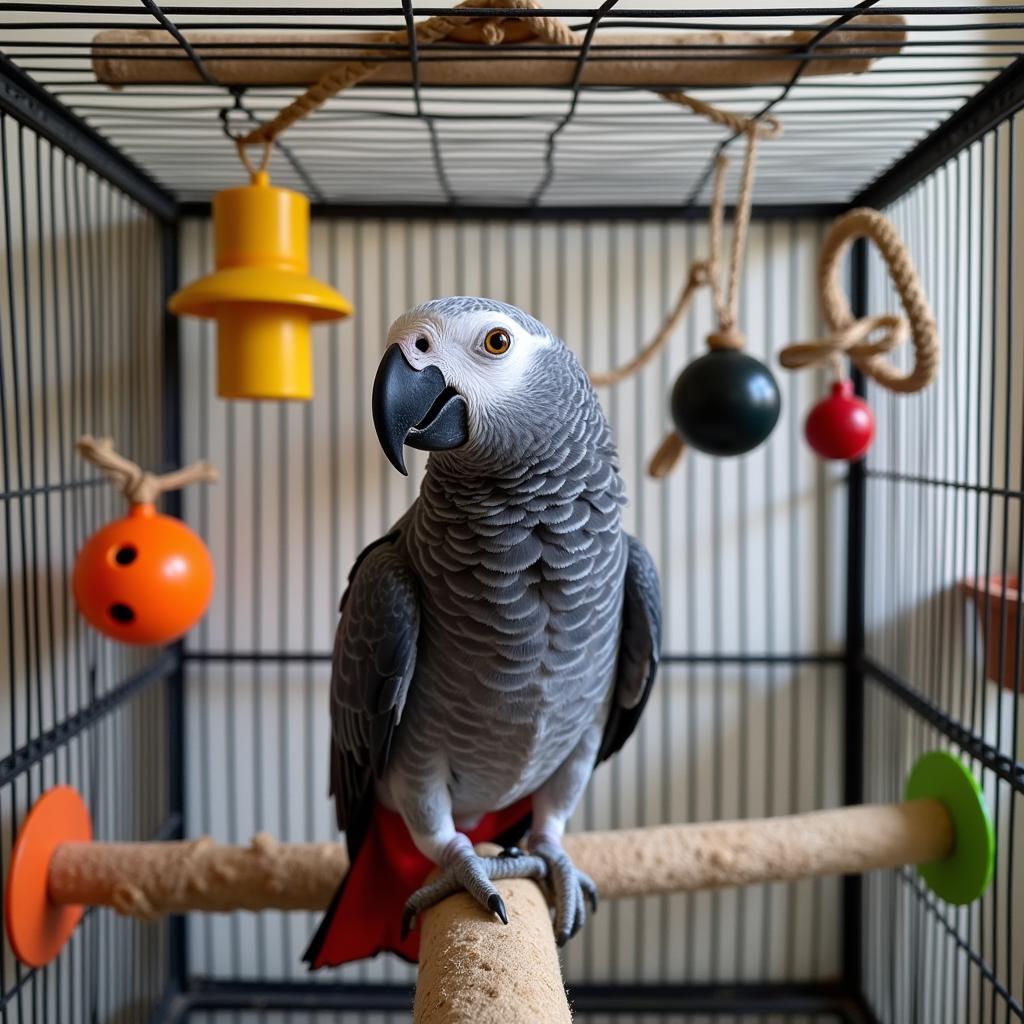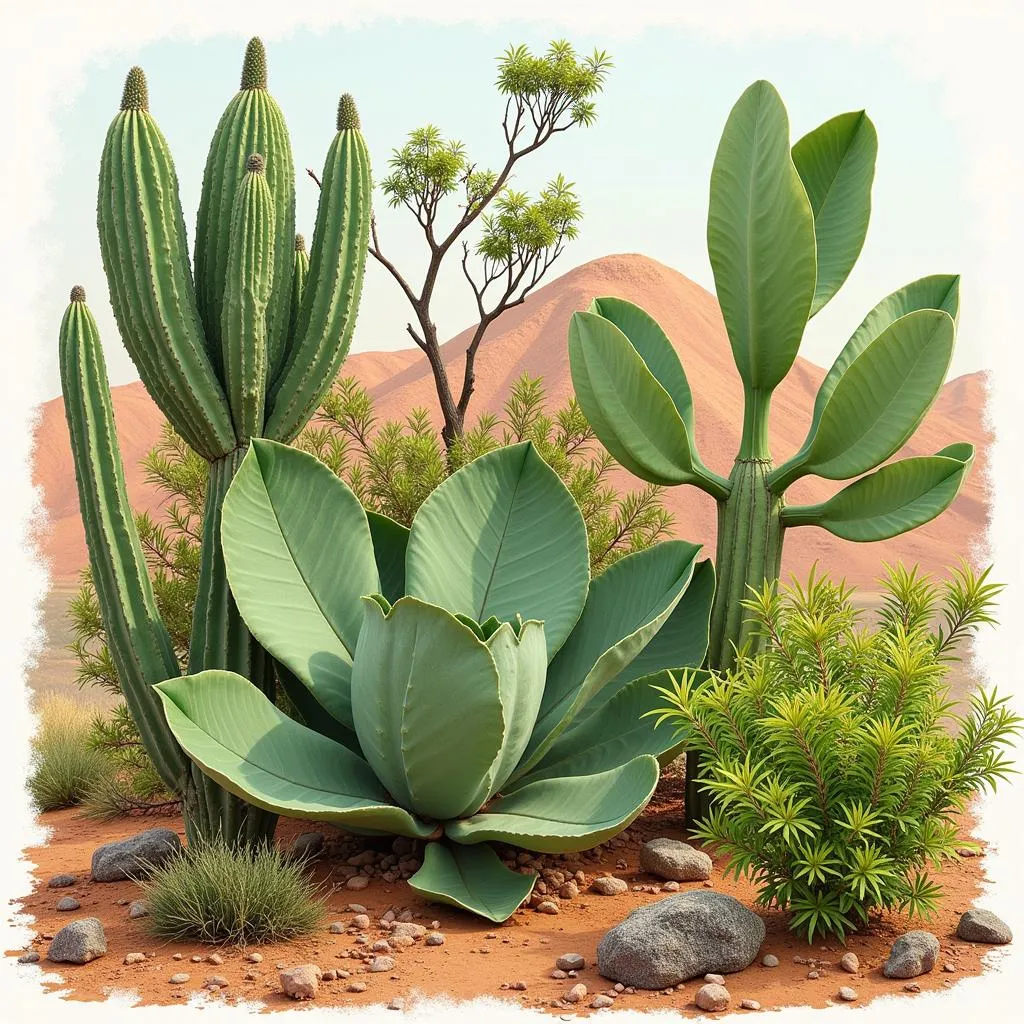Exploring African Cow Breeds: A Comprehensive Guide
African Cow Breeds are a fascinating and diverse group, adapted to the continent’s varied climates and challenges. From the heat-tolerant Sanga to the disease-resistant N’Dama, these breeds play a crucial role in the livelihoods of millions across Africa. This guide delves into the unique characteristics, advantages, and cultural significance of various African cow breeds.
After generations of natural selection and careful breeding by local communities, distinct African cow breeds have emerged, each with its own strengths and adaptations. These breeds offer valuable insights into sustainable livestock management and genetic diversity. Some, like the Ankole-Watusi, are famous for their majestic horns, while others are prized for their milk production or resilience in harsh conditions. Let’s explore these remarkable animals further.
The Remarkable Diversity of African Cow Breeds
The African continent boasts an impressive array of indigenous cattle breeds, each uniquely adapted to its specific environment. This diversity is a testament to the long history of cattle rearing in Africa and the ingenuity of local communities in developing breeds suited to their needs. For example, the African cow with hump is particularly well-suited to arid regions. Some breeds excel in milk production, while others are more valuable for their meat or draught power. Understanding this diversity is crucial for sustainable livestock management and preserving valuable genetic resources.
Key African Cow Breeds and Their Characteristics
Several breeds stand out for their unique traits and economic importance. The Ankole-Watusi, renowned for its enormous horns, is a symbol of status and wealth in some cultures. The N’Dama, known for its trypanotolerance, thrives in areas where tsetse flies transmit diseases fatal to other breeds. The Boran, adaptable and hardy, is valued for its meat and draught capabilities. Other notable breeds include the Afrikaner, Nguni, and Sanga, each contributing to the rich tapestry of African livestock. What makes these African cow breeds so unique is their resilience and adaptation to often challenging environments.
“The adaptability of African cattle is truly remarkable,” says Dr. Khadija Mkwizu, a livestock specialist based in Tanzania. “Their resilience to disease, drought, and heat is a testament to centuries of natural selection and careful breeding practices.”
The Cultural Significance of Cattle in Africa
Cattle play a vital role beyond their economic value in many African societies. They represent wealth, status, and are often central to cultural ceremonies and traditions. In some communities, cattle are integral to dowry payments and social structures. This cultural significance underscores the deep connection between people and their livestock in Africa. The African farm house often centers around the care and keeping of these valuable animals.
The Future of African Cow Breeds
Preserving the genetic diversity of African cow breeds is essential for future food security and adapting to climate change. Research and conservation efforts are crucial to ensure these valuable genetic resources are not lost. Sustainable breeding programs and improved livestock management practices can help maximize the potential of these remarkable animals. As climate change intensifies, breeds like the N’Dama, with its resistance to diseases exacerbated by warmer temperatures, become even more valuable. Understanding the unique adaptations of African cows with long horns like the Ankole-Watusi can contribute to developing resilient livestock strategies for the future.
“Investing in research and conservation of African cow breeds is an investment in the future of food security,” adds Dr. Abeni Adebayo, a geneticist specializing in African livestock. “These animals hold the key to sustainable livestock production in a changing climate.”
Conclusion
African cow breeds offer a remarkable example of adaptation and resilience. Their diversity is a treasure trove of genetic resources, crucial for sustainable livestock development and food security, particularly in the face of climate change. Understanding and preserving these unique breeds is essential for the future of agriculture in Africa. By supporting sustainable breeding practices and valuing the cultural significance of these animals, we can ensure that african bhaisi continue to thrive and contribute to the livelihoods of millions across the continent.
FAQ
-
What are some of the most common African cow breeds?
Some common breeds include the Ankole-Watusi, N’Dama, Boran, Afrikaner, Nguni, and Sanga. -
Why are African cow breeds so important?
They are vital for food security, livelihoods, and cultural traditions in Africa. -
How are African cow breeds adapted to their environment?
Many breeds are resistant to diseases, drought, and heat, allowing them to thrive in challenging conditions. -
What is being done to preserve African cow breeds?
Research, conservation efforts, and sustainable breeding programs are underway to protect these valuable genetic resources. -
Why are the horns of the Ankole-Watusi so large?
The large horns are believed to help with thermoregulation and are also a symbol of status. -
What is trypanotolerance?
It is the ability of some breeds, like the N’Dama, to resist trypanosomiasis, a disease spread by tsetse flies. -
How can I learn more about specific African cow breeds?
Further research can be conducted online or by contacting agricultural organizations specializing in African livestock.
Common Scenarios and Questions:
- Scenario: A farmer in a dry region needs a drought-resistant breed. Question: Which African cow breed is best suited for arid climates?
- Scenario: A community wants to preserve its cultural heritage linked to cattle. Question: How can we support the cultural significance of cattle in our community?
- Scenario: A researcher is studying disease resistance in cattle. Question: Which African cow breeds exhibit the highest levels of disease resistance?
Further Exploration:
- Learn more about African livestock management techniques.
- Explore the role of cattle in African economies.
- Discover the diverse cultural traditions associated with cattle across the continent.
Need Support?
For any inquiries or assistance regarding African cow breeds, please don’t hesitate to contact us.
- Phone: +255768904061
- Email: [email protected]
- Address: Mbarali DC Mawindi, Kangaga, Tanzania
Our dedicated customer support team is available 24/7 to assist you.


